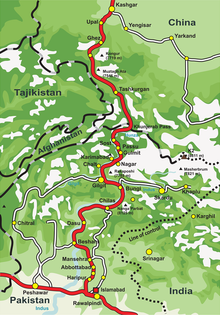I've been a frequent commentator on Afghanistan. I'm affraid I'm a rather boring white, middle class lad from South Wales. In terms of should we leave? The plan has always been to eventually leave. When should be leave? Now the problem with both of these question is, as I see it, we have to ask the bigger question of what we are leaving. The 2014 deadline for the end of combat operations is predicated on ANSF being able to take over day to day security and COIN operations. Now hypothetically (yes we've debated the state of ANSF at length in other threads) supposing that come later 2014 this the case, then we can justify the withdrawal of combat forces in bulk (I'm a cynical bastard and we all know that troops will go either way). Now what ISAF will look like after that is another thing entirely. We can expect some form of armed military presence outside of OMLTs and PRTs, mostly likely at the invitation (" ") of the GIRoA in a CT role. We won't be leaving Afghanistan for a long while yet. I don't think we should either, to cut and run would leave a country that could easily slide into further conflict, drastically destablising the entire region. I'm no warmonger, there needs to be drastic changes to the strategy in Afghanistan, but that's off topic.










Bookmarks